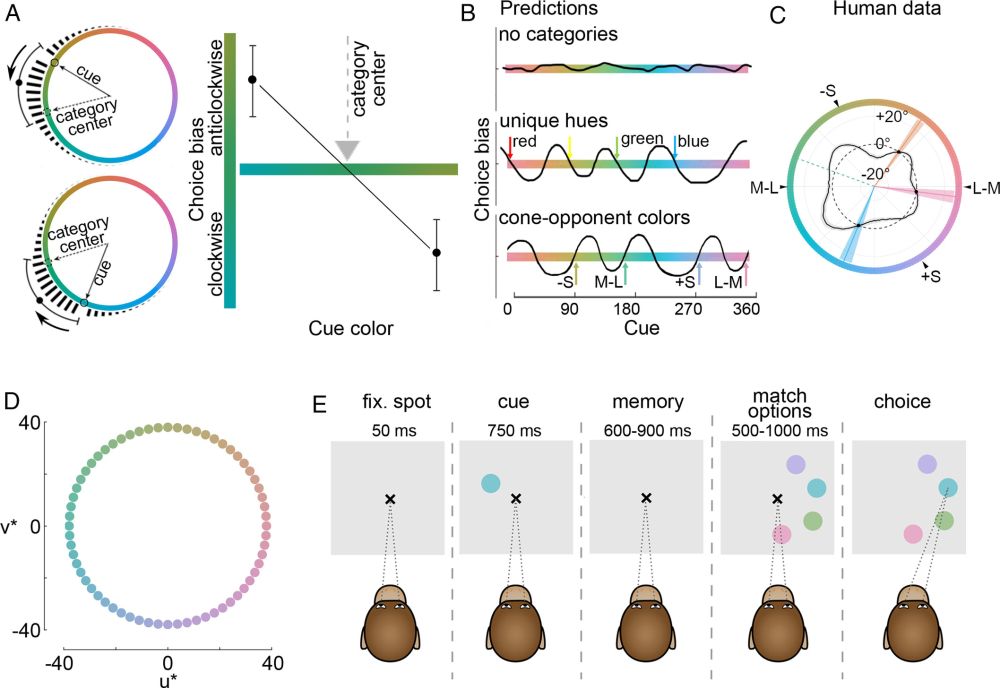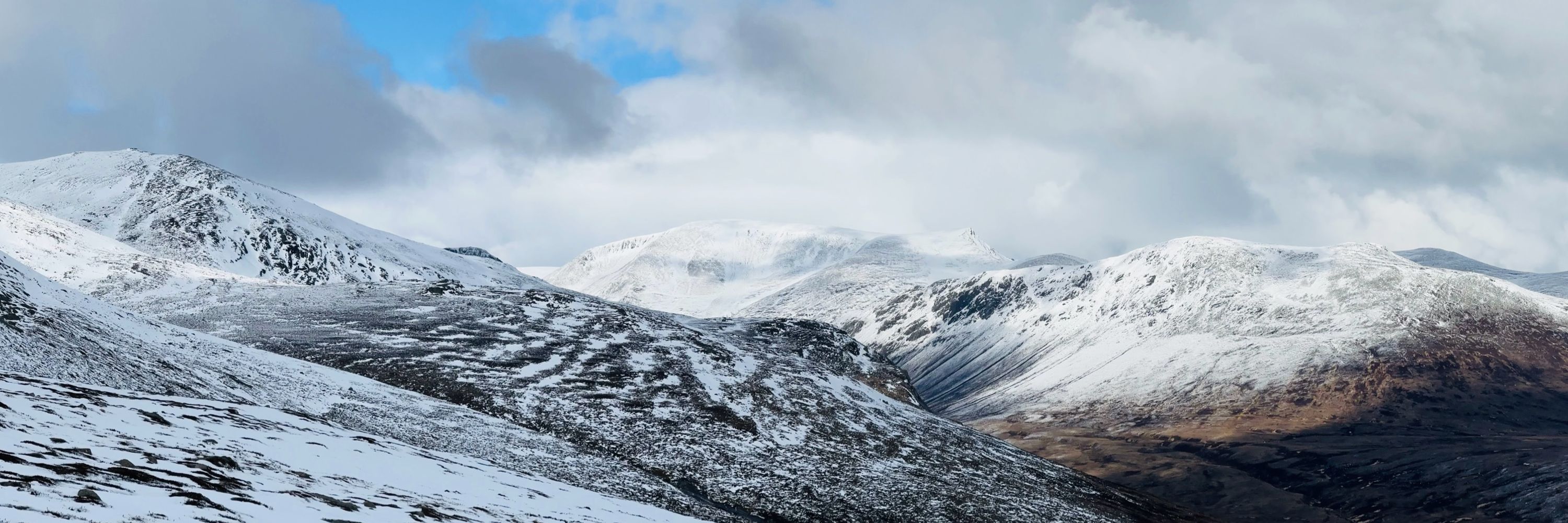
Experimental Psychology, Cognitive Neuroscience, Face Recognition, EEG/ERP
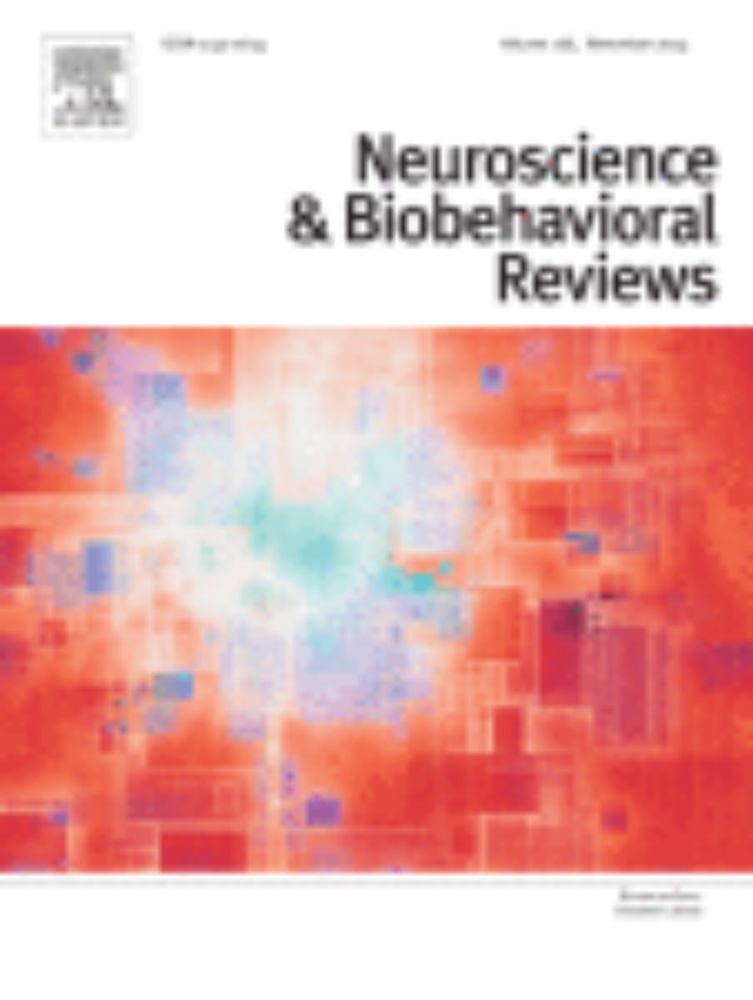
www.sciencedirect.com/science/arti...
eur01.safelinks.protection.outlook.com?url=https%3A...
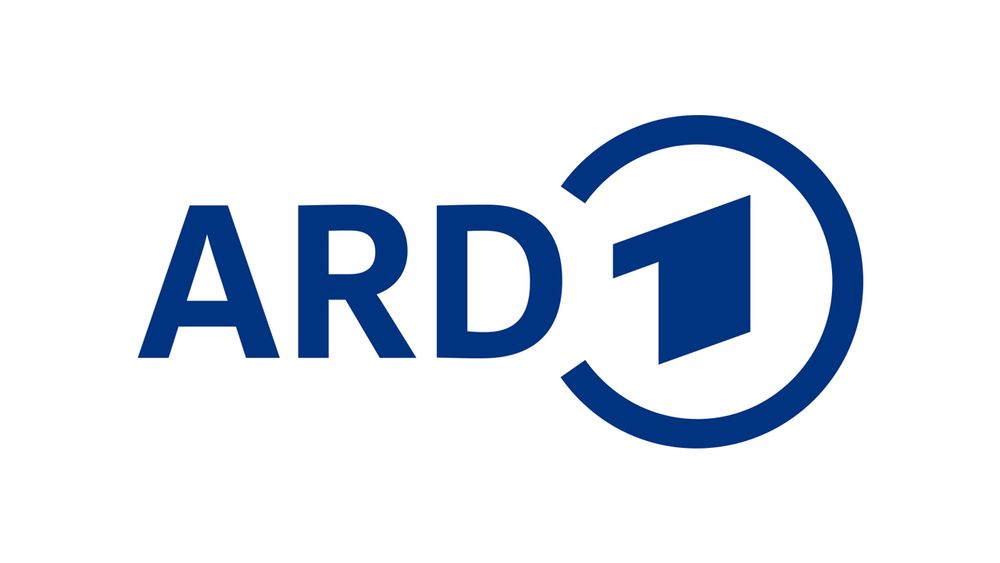
eur01.safelinks.protection.outlook.com?url=https%3A...
If not, head over and take a look at prize lectures since 2018 and (re-)watch some fantastic lectures from prize winners in recent years!
www.youtube.com/playlist?lis...
[1/7]
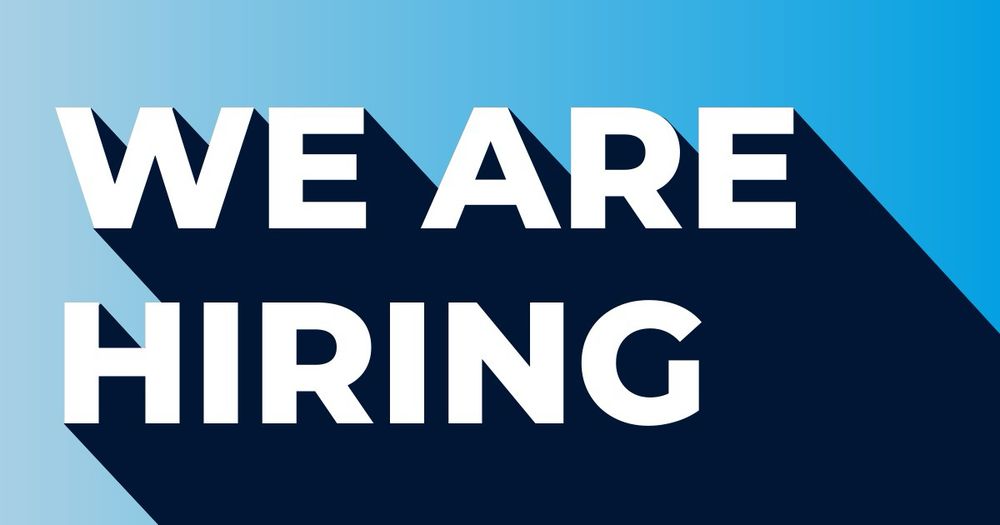
asknature.org/strategy/bra...
#GeneralSystemsTheory
#EnergyNetworkScience
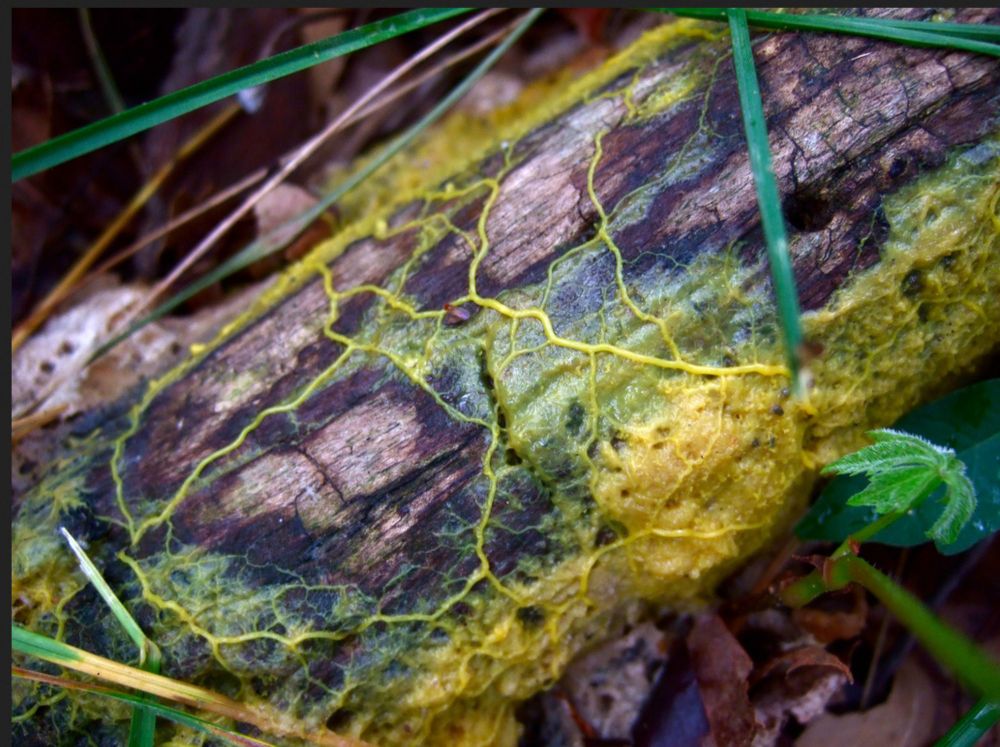
asknature.org/strategy/bra...
#GeneralSystemsTheory
#EnergyNetworkScience

asknature.org/strategy/bra...
#GeneralSystemsTheory
#EnergyNetworkScience

Now in press @ JEP:G with @samiyousif.bsky.social @actlab.bsky.social @robbrutledge.bsky.social; osf.io/preprints/ps...
Now in press @ JEP:G with @samiyousif.bsky.social @actlab.bsky.social @robbrutledge.bsky.social; osf.io/preprints/ps...
www.sciencedirect.com/science/arti...
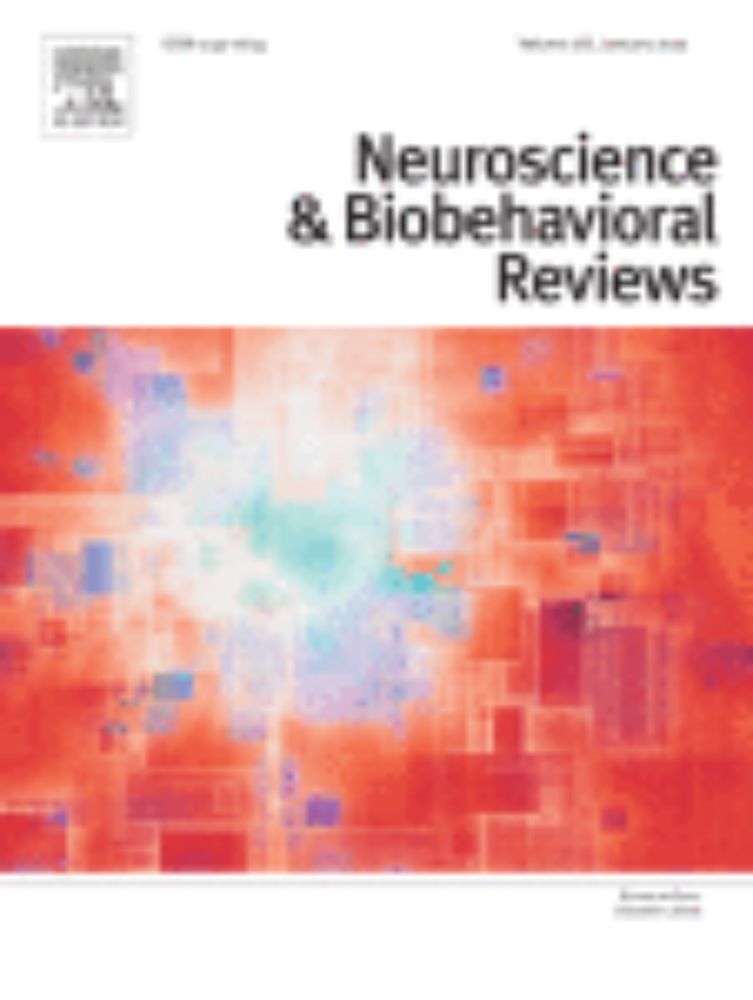
www.sciencedirect.com/science/arti...

www.sciencedirect.com/science/arti...
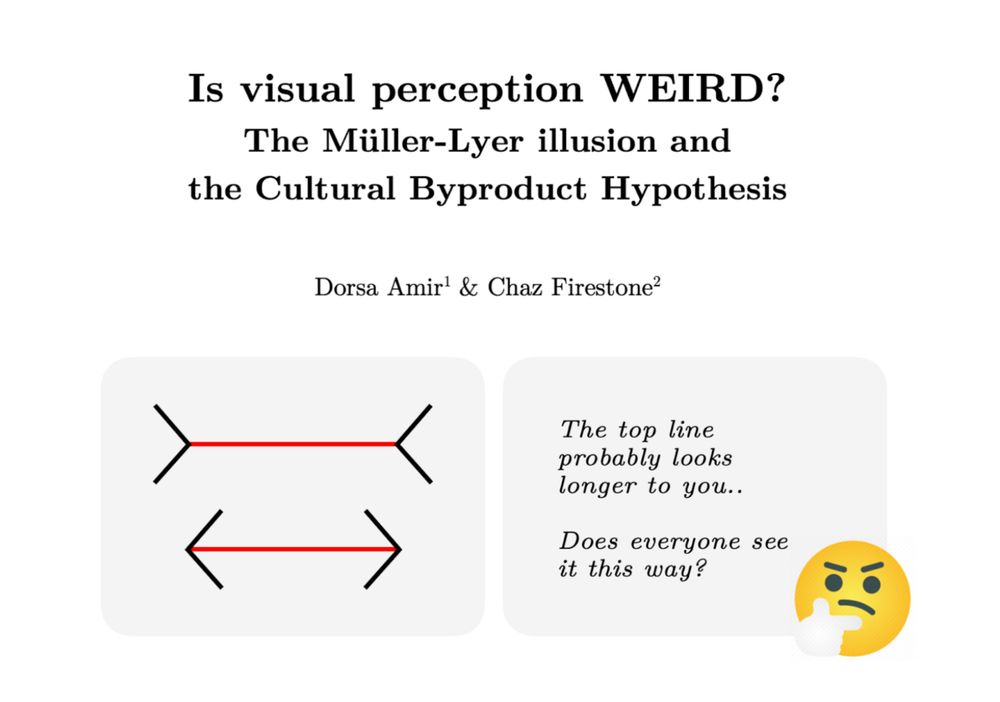
youtu.be/KlNOszFY3GI
#mathart #geometry #recursion #complexnumbers
@braintumourrsch.bsky.social
20% discount from Routledge in January.
routledge.com/Memory-and-t...
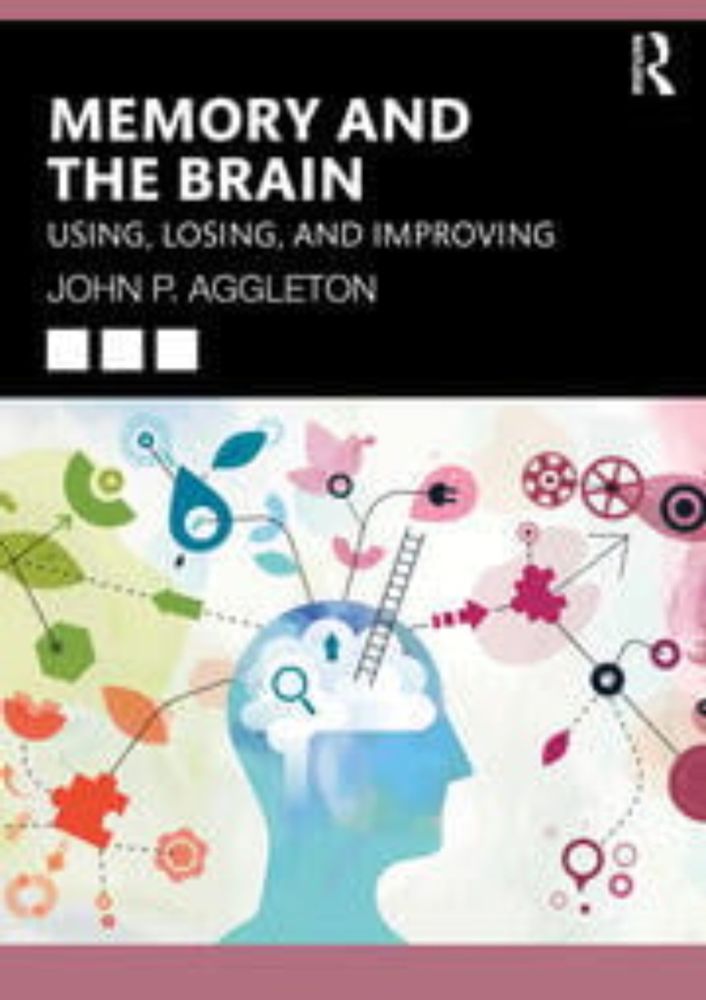
@braintumourrsch.bsky.social
20% discount from Routledge in January.
routledge.com/Memory-and-t...
www.nature.com/articles/s41...
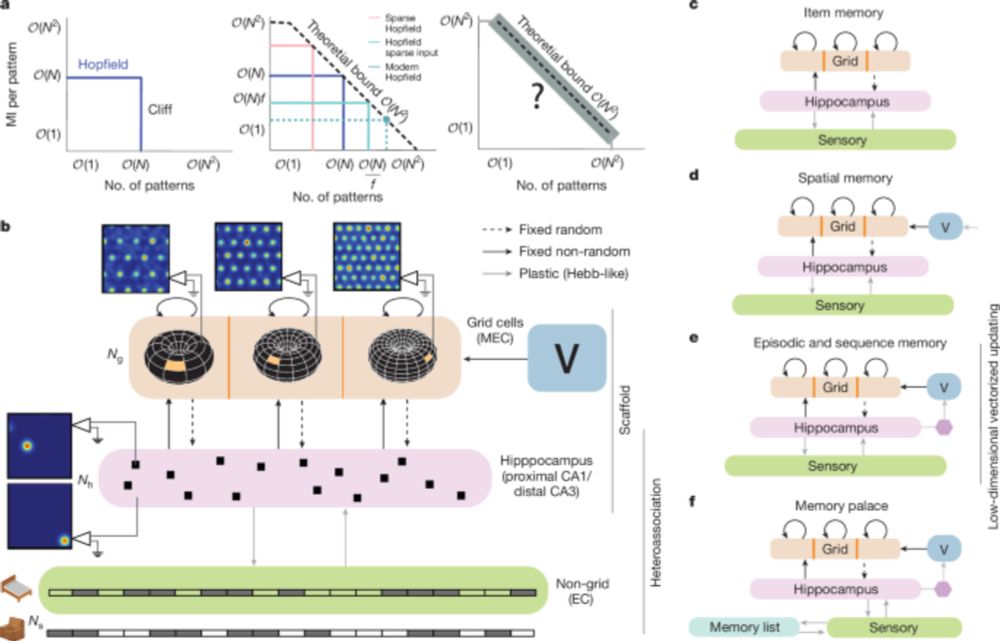
www.nature.com/articles/s41...
Congratulations to Artie and @levikumle.bsky.social!
eps.ac.uk/presidents-c...

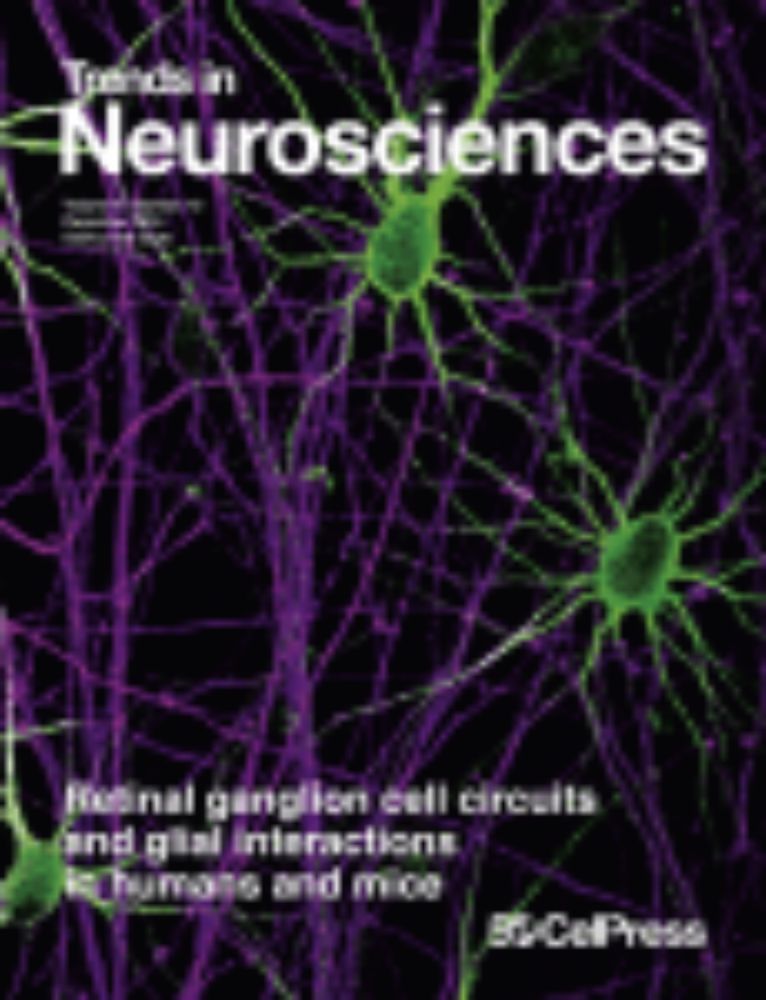
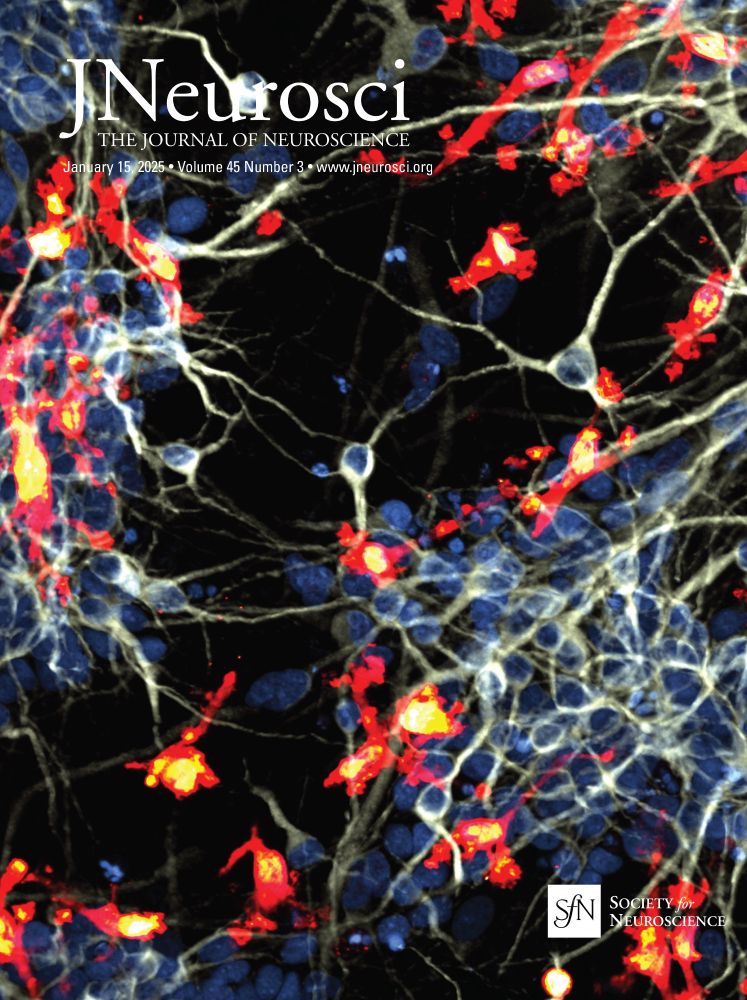

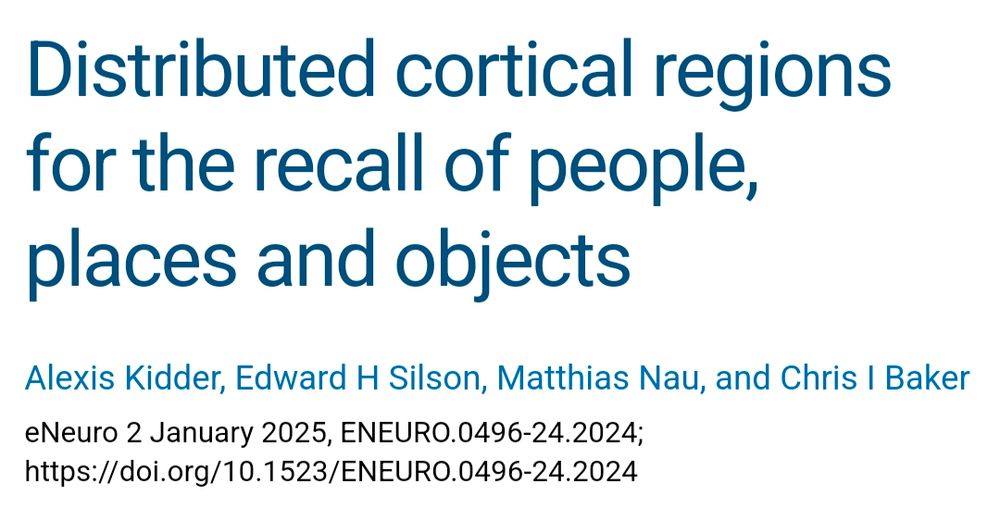
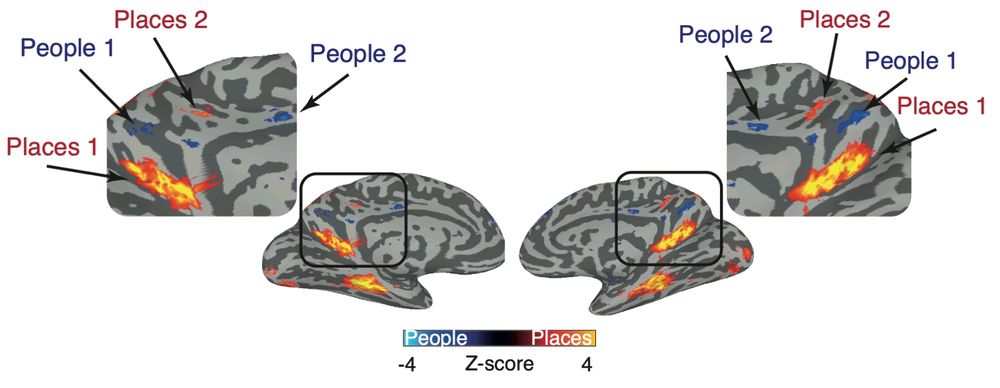
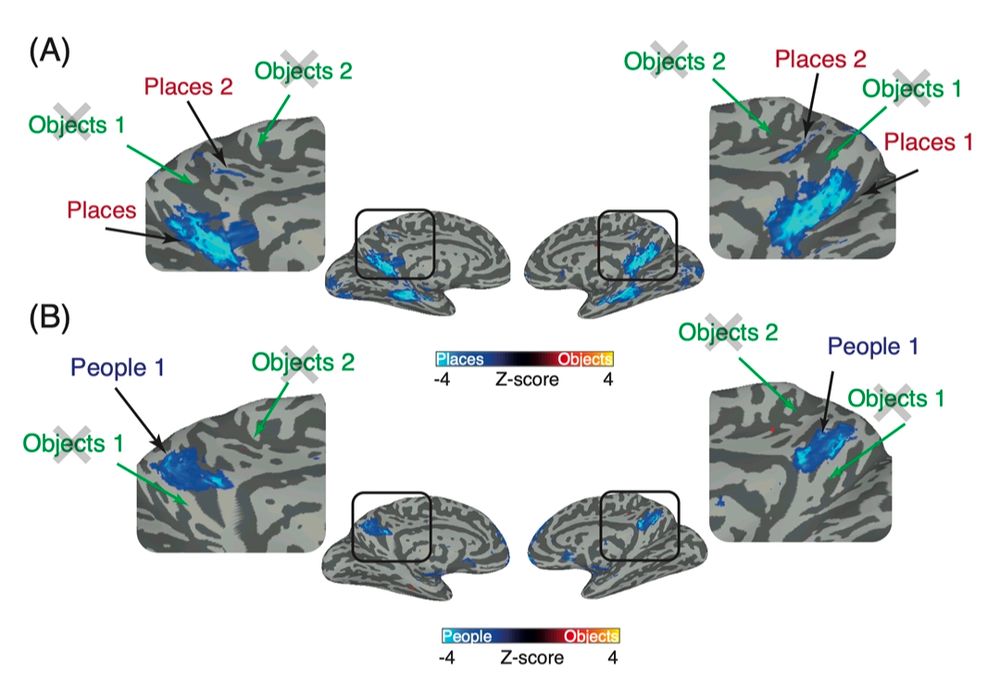
A Data-Driven Analysis of the Perceptual and Neural Responses to Natural Objects Reveals Organizing Principles of Human Visual Cognition
Code: osf.io/scy2f/
Paper: doi.org/10.1523/JNEU...
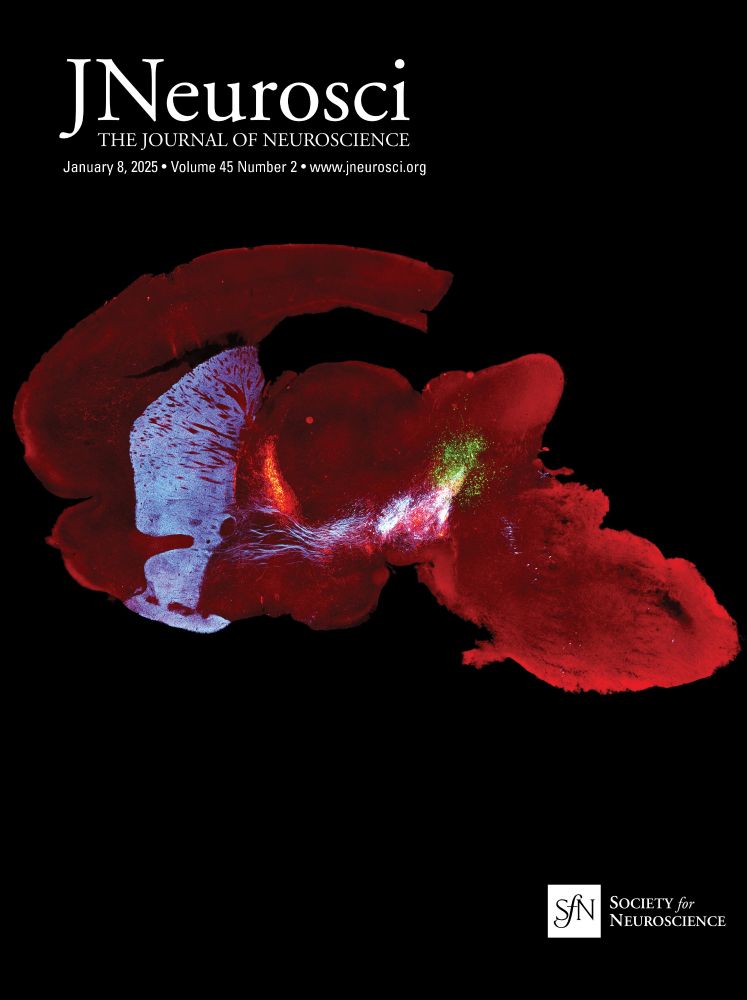
A Data-Driven Analysis of the Perceptual and Neural Responses to Natural Objects Reveals Organizing Principles of Human Visual Cognition
Code: osf.io/scy2f/
Paper: doi.org/10.1523/JNEU...
#UKHE #AcademicSky

#UKHE #AcademicSky
X/Twitter no longer compatible with their core values: “Open-mindedness, scientific integrity, transparency and democratic discourse.” (Via @amreibahr.bsky.social)
Über 60 dt. Hochschulen & Forschungsinstitutionen haben heute ihren Ausstieg bei X bekanntgegeben, s.u. #eXit
X sei nicht mehr vereinbar mit ihren Grundwerten: „Weltoffenheit, wissenschaftliche Integrität, Transparenz und demokratischer Diskurs.“
Liste der Beteiligten hier:

X/Twitter no longer compatible with their core values: “Open-mindedness, scientific integrity, transparency and democratic discourse.” (Via @amreibahr.bsky.social)


